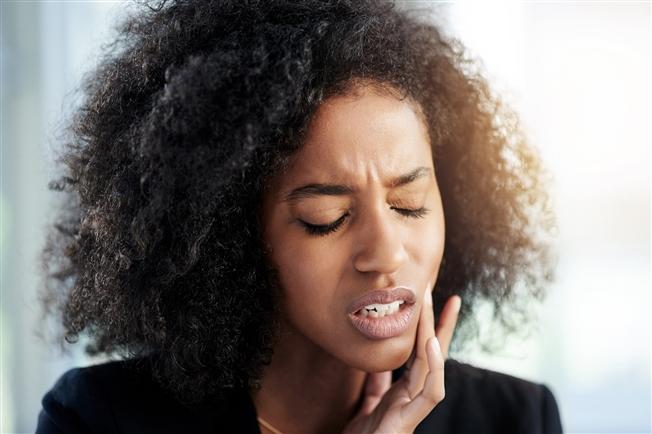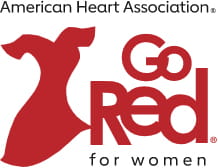Why heart disease in young women is on the rise—and warning signs you need to know

Heart disease kills more U.S. women than all forms of cancer combined. And it’s not just older women who are at risk. Heart attacks and heart disease deaths are on the rise in younger women. Three out of 10 heart attacks in women now occur in those younger than 55.
“This rise is strongly tied to increases in cardiovascular risk factors such as high blood pressure, high cholesterol and diabetes,” says Katie Hawthorne, MD, a cardiologist at Lankenau Heart Institute, part of Main Line Health. “We’re seeing these risk factors come into play earlier in life.”
Three out of 10 heart attacks in women now occur in those younger than 55.
With heart disease in young women, such risks often go undetected and unmanaged until a serious problem occurs. “Women tend to put their families first—and their own health last,” Dr. Hawthorne says. “Many put off seeing a doctor for too long.”
Preventing a heart attack

- Eat a nutritious diet that’s low in salt and fat.
- Set aside dedicated exercise time.
- Work more movement into your daily life.
- Avoid smoking and excessive alcohol use.
- Find healthy ways of dealing with stress.
- Get regular checkups and ask your doctor about your heart health risks.
Know the warning signs
As with men, the most common symptom of a heart attack in women is chest discomfort. “Many women don’t describe it as chest pain, however,” says Dr. Hawthorne. “They’ll refer to it as chest tightness or pressure.”

- Arm, back, neck, jaw or upper abdominal pain
- Shortness of breath
- Nausea or vomiting
- Lightheadedness
On average, women wait longer than men to seek help for a heart attack. This delay in treatment may lead to more extensive heart damage. Avoid making that mistake: If you are experiencing symptoms that don’t feel normal, listen to your body and call 911.
At the Lankenau Heart Institute, we know that not all hearts are created equal. Our cardiac experts understand the unique heart health needs of women, and we’re proud to feature a team of 13 female cardiologists.
But don’t wait for an emergency to think about your heart health. “I would much rather see a patient for a preventive visit than in the hospital,” Dr. Hawthorne says.
Be sure to read up on heart health in your 20s, 30s, 40s and beyond.

 Content you want, delivered to your inbox
Content you want, delivered to your inbox
Want to get the latest health and wellness articles delivered right to your inbox?
Subscribe to the Well Ahead Newsletter.
